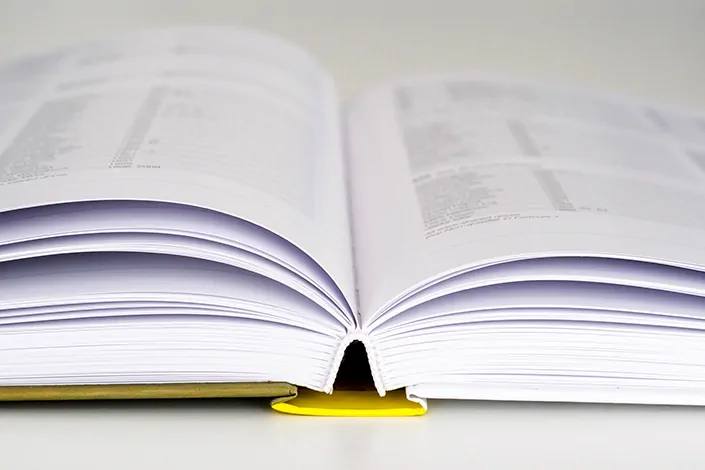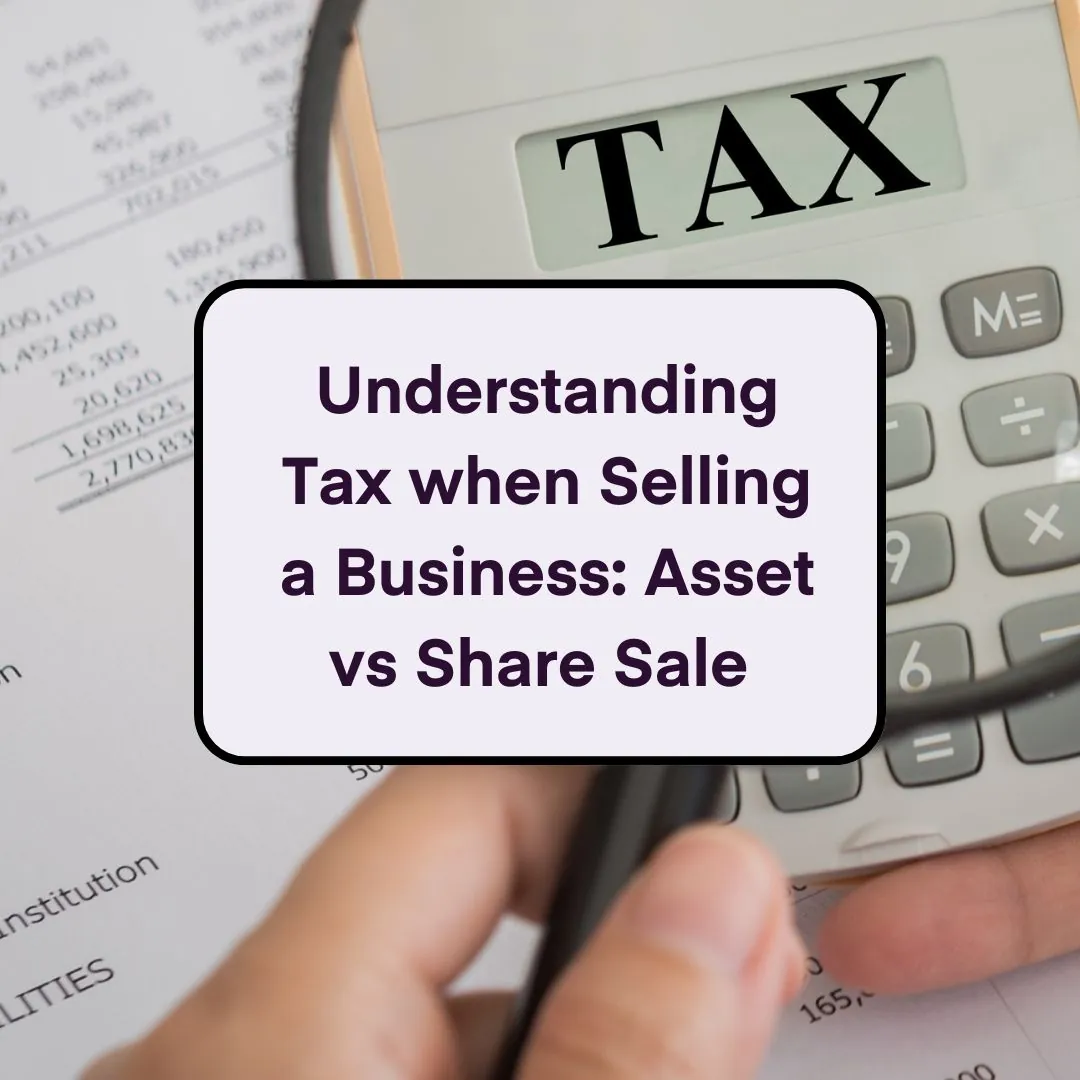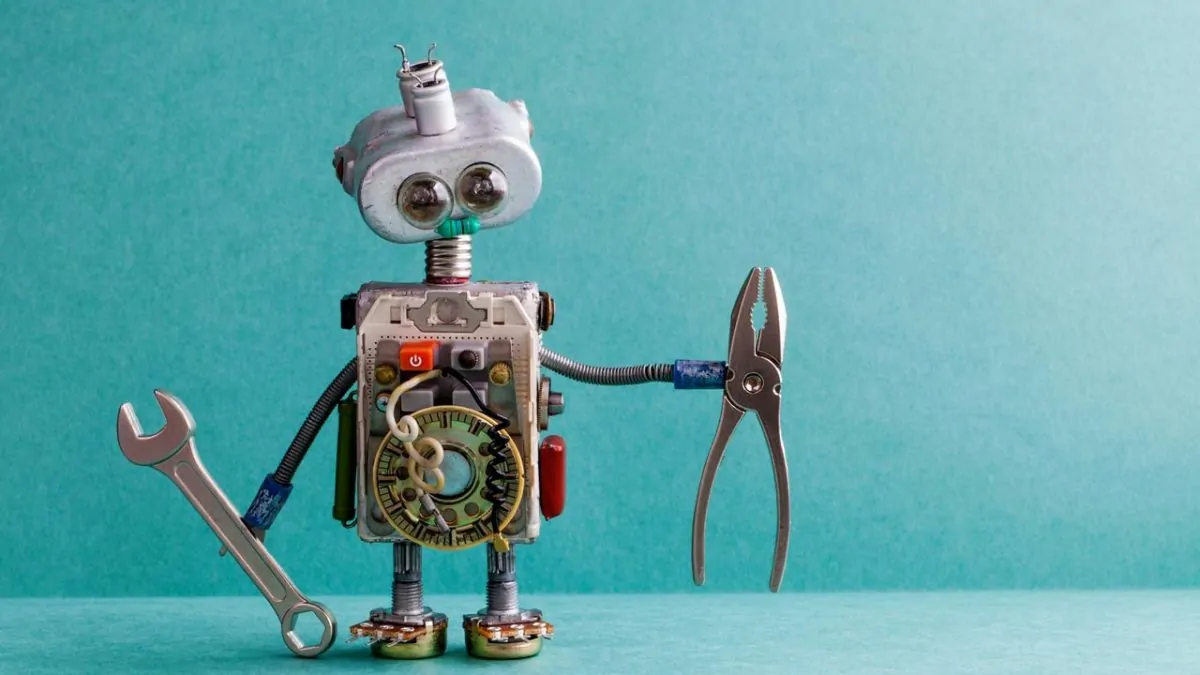
The dangers of a bad bookkeeper
6 Aug 2016Picking a bad bookkeeper or accountant could end up costing your money and even your business.
So how do you know if your business finances are being run correctly?
A good bookkeeper should be able to collate and organise your financial records leaving you to run your business, while a decent accountant should help make sense of the numbers, file your accounts on time and help you save tax where possible.
Anyone can call themselves a bookkeeper if they know how to record income and expenses, but if mistakes are made you could end up paying too much or even get fined by HMRC.
The same is true with an accountant. You need someone who will ensure you pay the minimum tax possible and file your accounts on time.
We had one client whose old accountant filed incorrect VAT returns and ended up with several fines before they came to us and we found they were wrongly claiming too much VAT back and HMRC was penalising them.
Fixing costly errors with accounts
Around 25 per cent of our new clients come to us knowing they need remedial work with their taxes or filing and that increase to 50 per cent in reality as we become aware of issues after we have taken them on that the client had no idea about.
Mistakes like this can be costly to sort out and means you have less time to run your business. Incorrect and late filing with HMRC can lead to penalties, surcharges and interest and Companies House can also ban you as a director if annual returns or accounts are repeatedly late.
But it’s not just the risks of getting fined or paying too much tax that should worry you. If your financial information is wrong then you could end up making incorrect decisions about the direction of your business.
So what should you look out for to indicate a good or bad bookkeeper?
Qualifications and experience
To avoid inadvertently hiring a bookkeeper that can’t do the job, and do it well, small business owners can double check whether the individual has passed bookkeeping qualifications such as awards from the International Association of Bookkeepers or from the Association of Accounting Technicians (AAT).
In addition to a professional bookkeeping qualification, many small business owners may expect a bookkeeper to have several years’ experience managing the books for similar small businesses, startups or sole traders.
It’s also possible extensive practical experience could outweigh formal training, meaning a highly experienced bookkeeper may be the right choice for some businesses even if they lack formal bookkeeping qualifications.
This decision ultimately involves a judgement call on the part of the small business owner, and may depend on the quality of the bookkeeper’s references and testimonials (or on simple intuition).
To get the best out of your books though, a fully-fledged accountant may be more handy.
Bookkeeping is just one element when it comes to managing your company finances, and it is also worth considering someone who can give you an overall package such as business plans, forecasts, strategy and helping minimise your tax bill.
Only chartered accountants can prove a full understanding of tax and accounting legislation, and offer true peace of mind. Chartered accountants must complete certain qualifications and are certified by one of the UK or Irish accountancy bodies: the ICAEW, ICAS, ACCA, CIMA and CIPFA. As a member of one of these professional bodies a Chartered Accountant is required to undertake “continual professional development” to ensure that they knowledge and skill are right up to date.
Word of mouth
The best recommendations can often come from friends. Find out who other business owners use and look at social media and online ratings to see what people are saying about different firms.
Choose bookkeepers who embrace software
Technology has made bookkeeping pretty simple online. Software and apps such as Xero mean many businesses can manage their books themselves. There are even functions that help you automatically work out a VAT return. These are good functions that can keep costs low and help business owners who want to have some control. It puts power in your hands and can give you more time to run your business. Here's our online accounting services for reference.
But it is important that your bookkeeping and accounts aren’t rushed and neglected. How do you know you have got your numbers right? That is where a good bookkeeper can help. They shouldn’t just expect you to balance your own books and should be on hand to make sure you are using the software correctly.
Communication
How easy is your accountant or bookkeeper to reach?
A good online accountant should give you a dedicated contact rather than pass you around the firm and should respond to phone calls and emails.
Having someone on the end of the phone can be reassuring when you are worried about your business.
An objective and expert view can help ease concerns and show that you are a valued customer. If they are too busy for you then you have to ask if they are right for your business.
We'd love to talk to you about bookkeeping, accounts or your business generally. We're a dynamic, ambitious, entrepreneurial business ourselves - our aspirations match yours.



















